This content has been archived. It may no longer be relevant
People treat me differently when I’m in my wheelchair. Suddenly, I become invisible. Strangers turn to the person with me to ask questions about me and what I need. I’m also viewed as less capable because the wheelchair has become a symbol of sorts for people whose bodies have “failed” in some way. People continually make assumptions about my level of capacity in a way that makes me feel “less than”.
It’s hard for me to admit, but I must acknowledge that it’s partly true, in a way. I am physically less capable, as my condition causes my muscles, tendons, ligaments and soft tissues to progressively turn to bone and, essentially, encase my body in a second skeleton. Consequently, I do look different, my movement is limited, and I can no longer run, or bend down to tie my shoelaces, or walk long distances.
The harsh reality we must face is that we’re all bad at some things. What I’m “bad” at may be more obvious because of the way I move or don’t move. While others may be able to better hide what they can’t do from others, they can’t hide it from themselves. We’re all the same. Equally, we don’t possess the skills to be good at everything we do. We must find our niche.
Even though I can’t move as freely as others, I have a range of different skills that other people don’t have and are more capable in some respects. Not everybody could make it through law school or work as a solicitor. Likewise, not everybody has the ability to study and work as a doctor, or carpenter, or accountant. We’re all part of the diverse fabric of society, and our individual skills complement each other so that our society, as a whole, can function.
Bringing more diversity into the legal profession by encouraging people with disabilities to apply could never be a bad thing.
The personal challenges faced everyday by those living with disabilities bring an inimitable strength and determination, as well as a knack for problem-solving, that will serve us well in the legal profession. Our viewpoints are inevitably different to someone else who doesn’t have a disability, and so we bring a unique perspective when considering issues that others may not have considered.
My ability to be a lawyer doesn’t hinge on my ability to walk. As much as people sometimes act like it does, using a wheelchair has no detrimental effect on my mental capacity. Indeed, our profession is one of the better ones for me given the lack of physical demands.
Finally, it’s important that the people working in professions like law should accurately represent the diversity of the society in which we operate. It is estimated that almost 20% of the Australian population live with some form of disability. There is still a way to go before the legal profession reflects this.
So what can we do to encourage participation from people with disabilities? Firstly, language is crucial. The importance of a term like ‘diverse abilities’, in the name for the new QLS network established to promote participation of people with disabilities in the legal industry, is that the phrase applies to every single person in the legal industry, and in society generally. The truth is that we, as individuals, each have a range of abilities and skills.
Some of these skills come naturally, some we can work at improving, and some we inevitably lack. What we each end up with is a unique set of skills and abilities that allows us to fulfil an important social function. Inclusive language also helps dispel any notion that people with disabilities are “less than”, and that we are incapable of making a meaningful contribution.
Secondly, we need to examine our biases. Yes, people in wheelchairs have difficulty with moving. But there are many factors that affect a person’s ability to make a significant contribution. We don’t all have the capacity to play an instrument, or perform surgery, or speak a foreign language. If we reflect honestly with ourselves, we know there are things we aren’t good at. We’re all able to accomplish different tasks with varying degrees of skill and success.
One more thing you can do is get involved. We in the Diverse Abilities Network would be glad to have more people helping us spread the word throughout the legal industry and remove barriers that have traditionally been faced by those with disabilities in our profession.
People with disabilities already face huge challenges daily, and life doesn’t need to be made more difficult for them. Instead, let’s all help by encouraging them to study law, if that is what they want, and welcoming and embracing future generations of lawyers with disabilities.


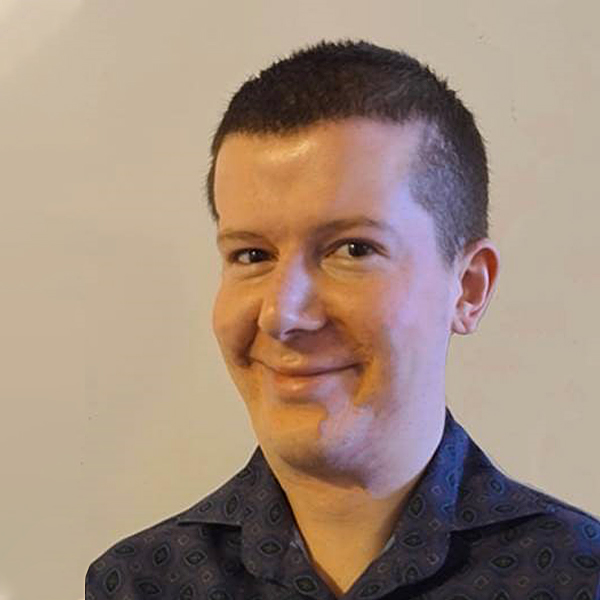
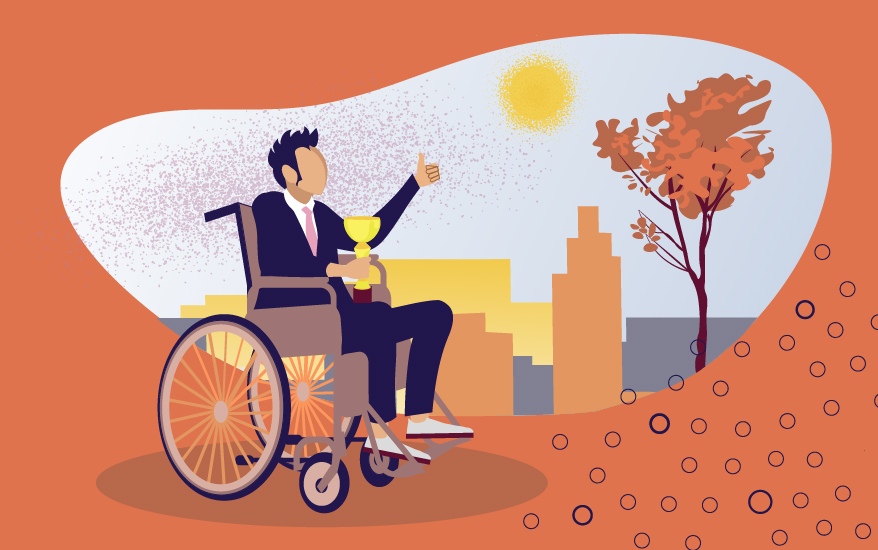




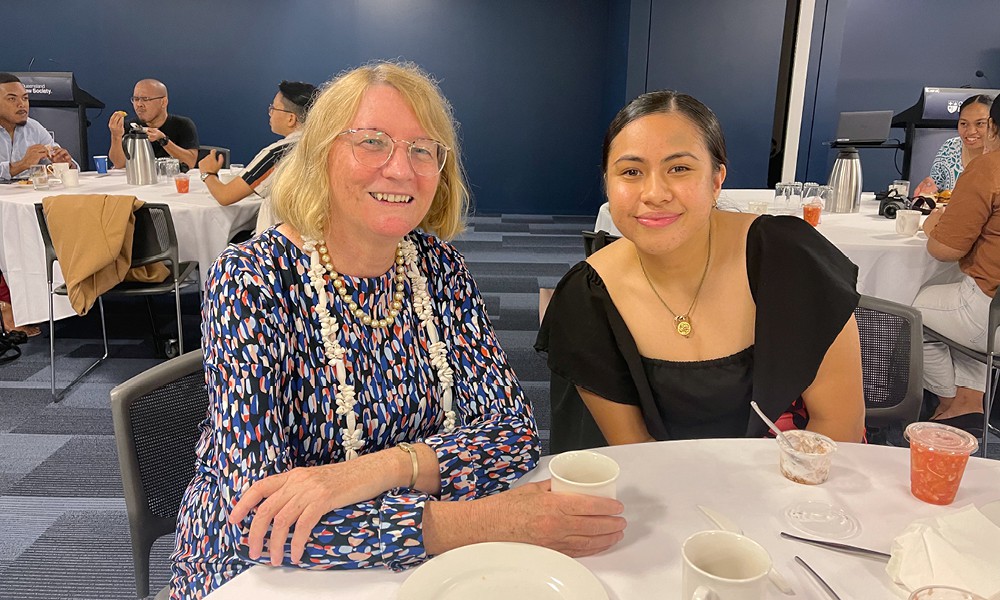
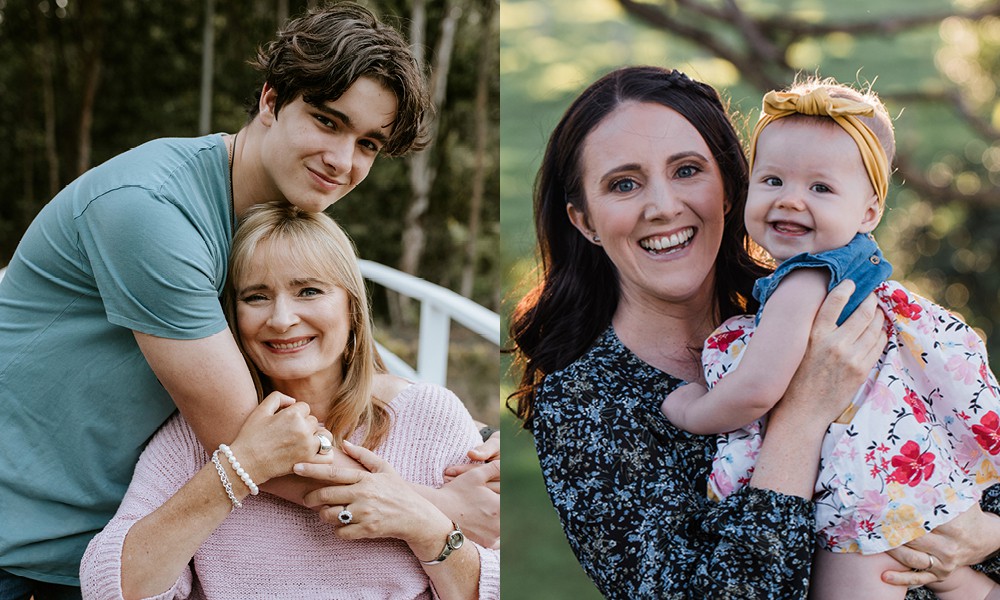
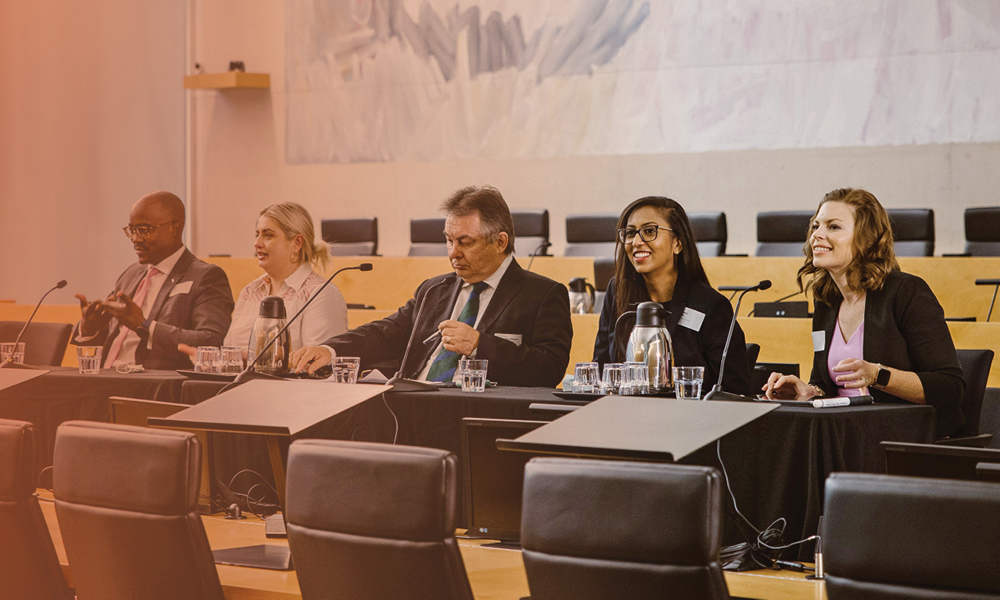
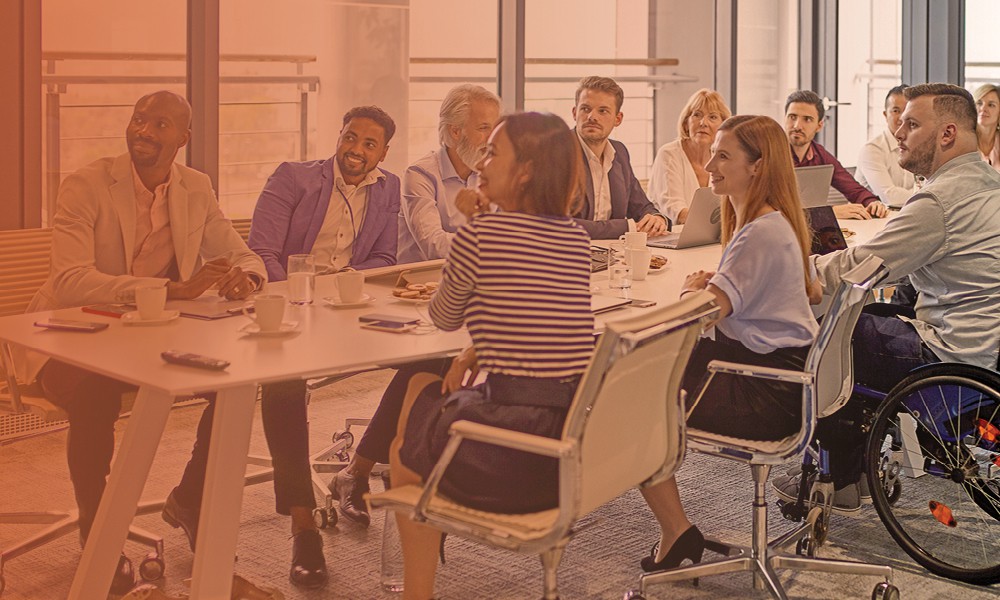
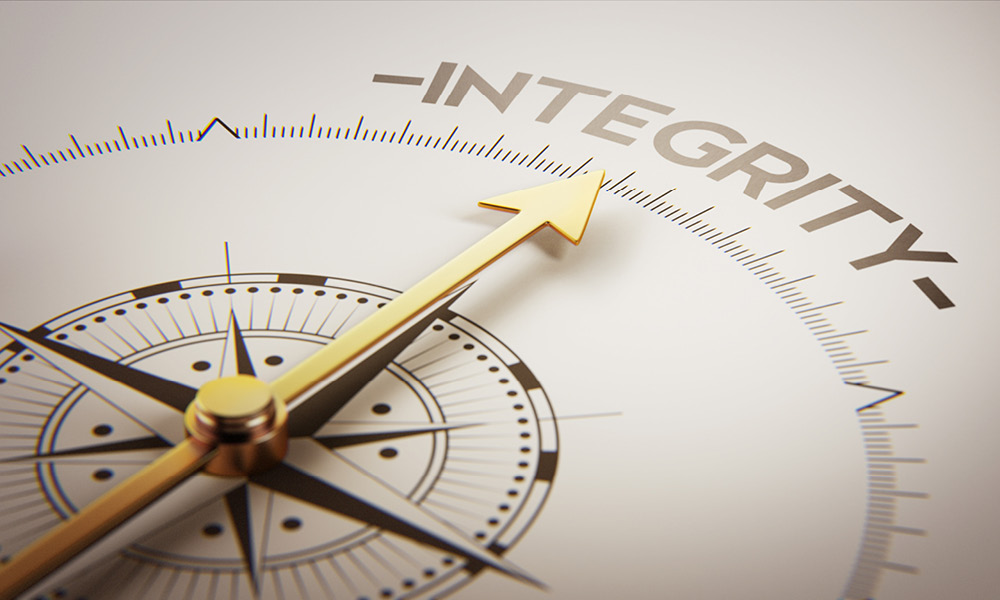

Share this article